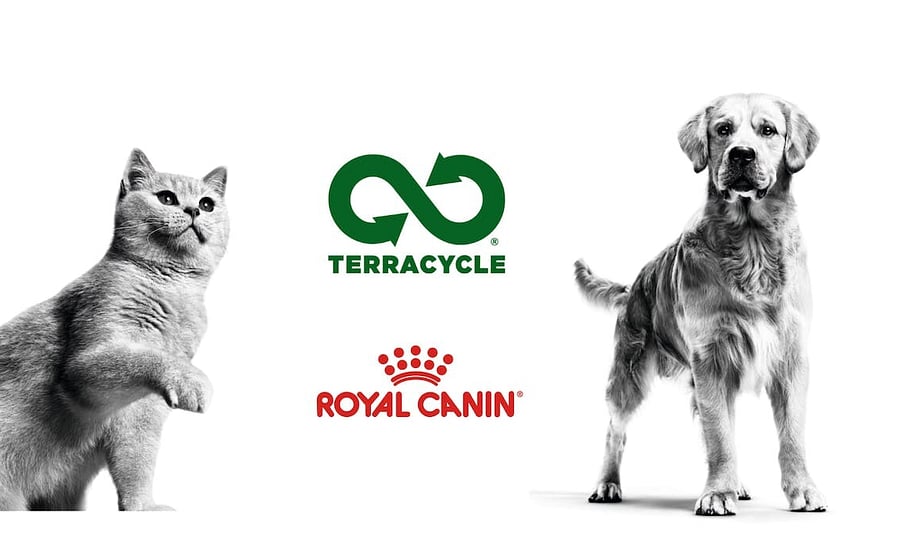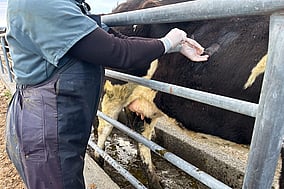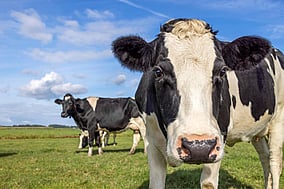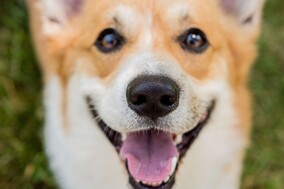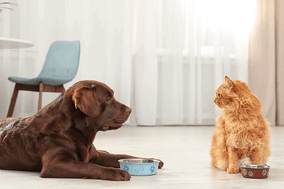Royal Canin Recycling Programme
Vet Clinic Morrinsville are proud to be part of the Royal Canin Recycling Programme, providing pet food recycling options at our clinic. Pet owners can return your clean and empty cat and dog dry food and wet food pouches to our clinic. Royal Canin works behind the scenes with TerraCycle to recycle these products, using a circular economy method, turning them into reusable items.
What products can be recycled?
Royal Canin Recycling Programme accepts all brands of clean, dry pet food bags and wet pet food pouches.
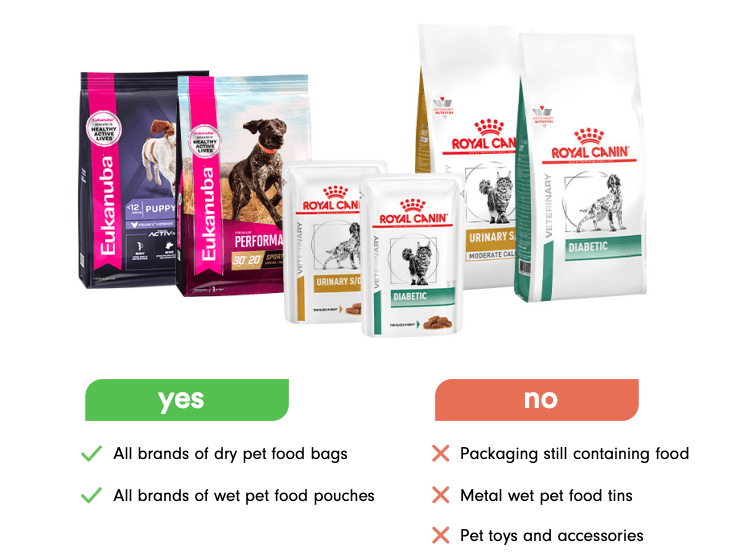
Cans and boxes can be recycled in your own kerbside recycling. These are not accepted in the bins.
Where and when can I drop off my pet food packaging?
You can drop off your pet food packaging at our clinic.
Does this cost anything?
No, this is free for pet owners.
Who is TerraCycle?
TerraCycle is an innovative, global waste management company that currently operates across 21 countries worldwide. Partnering with leading brands such as ROYAL CANIN®, TerraCycle helps to recycle products and packaging that would otherwise end up in landfill or be incinerated.
To find out more, visit: www.terracycle.com
